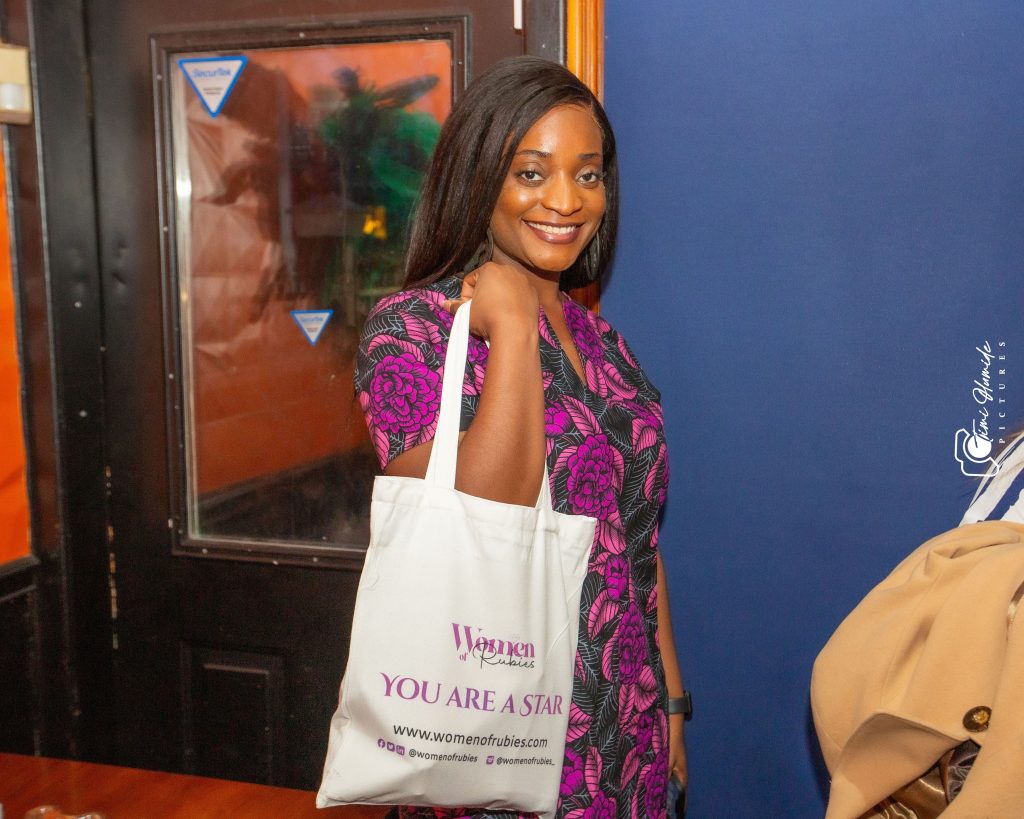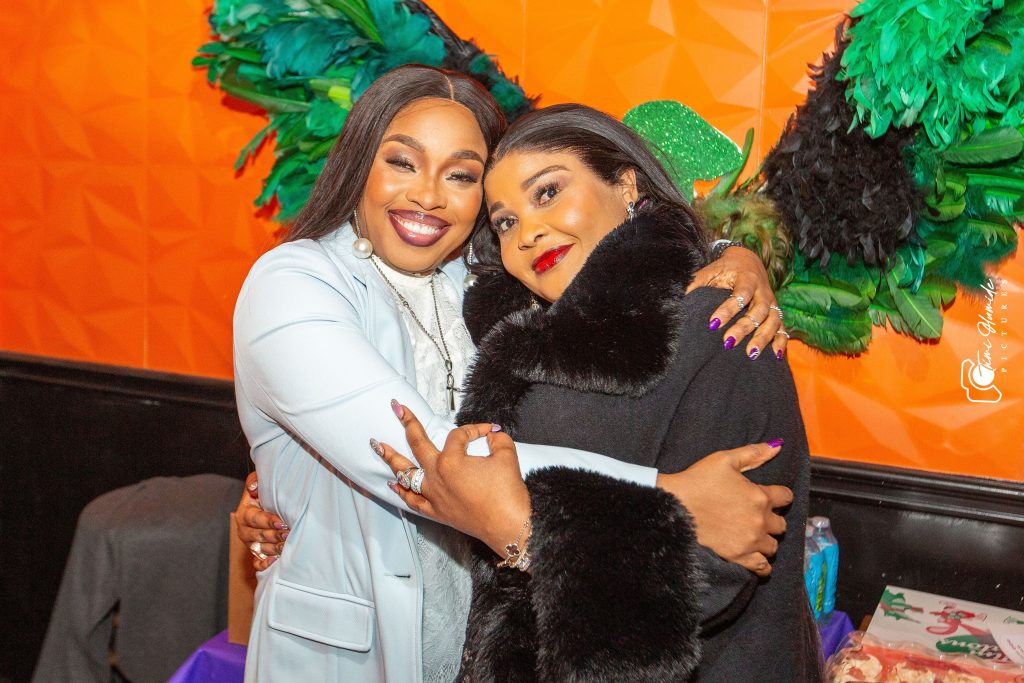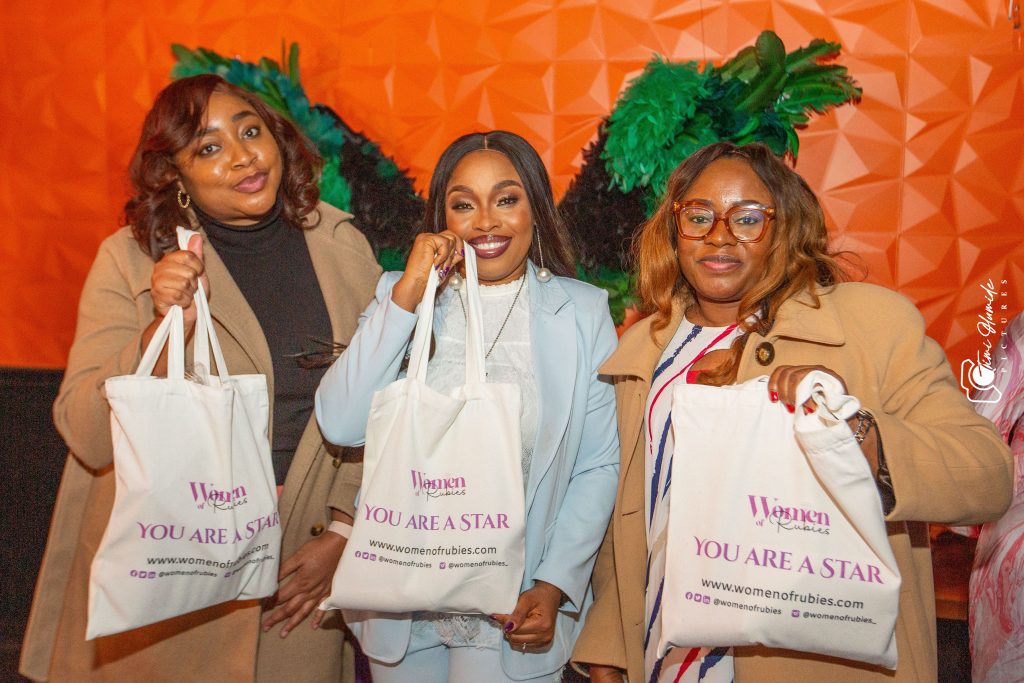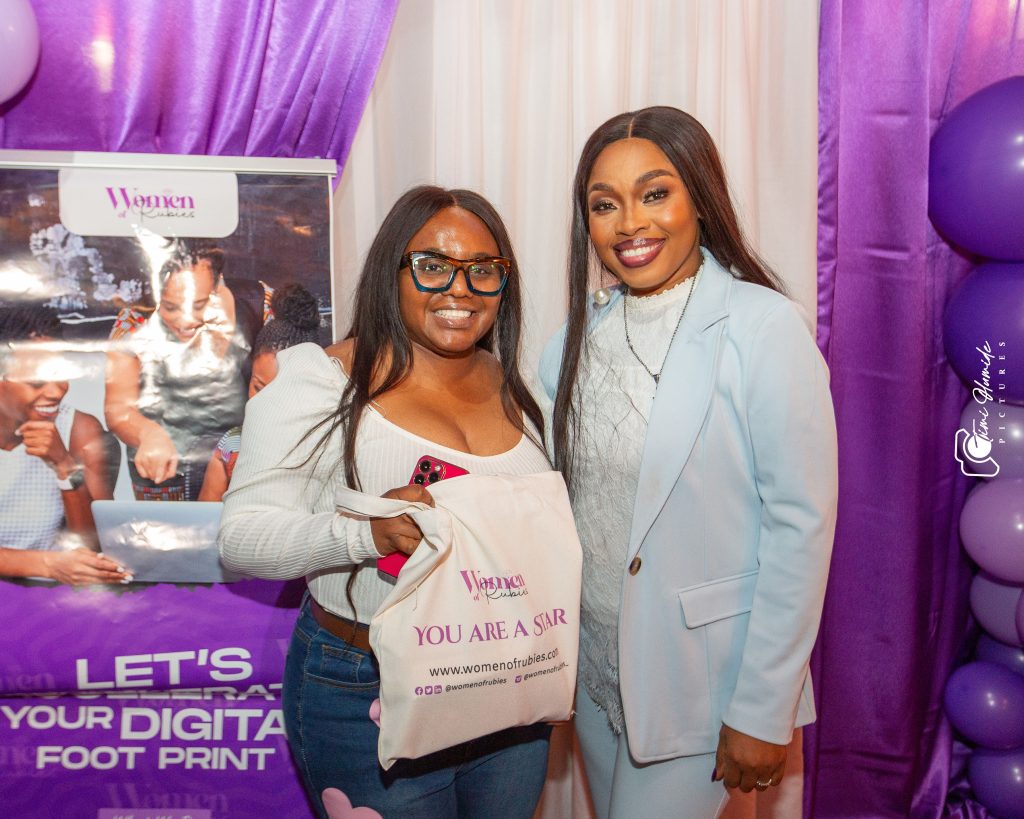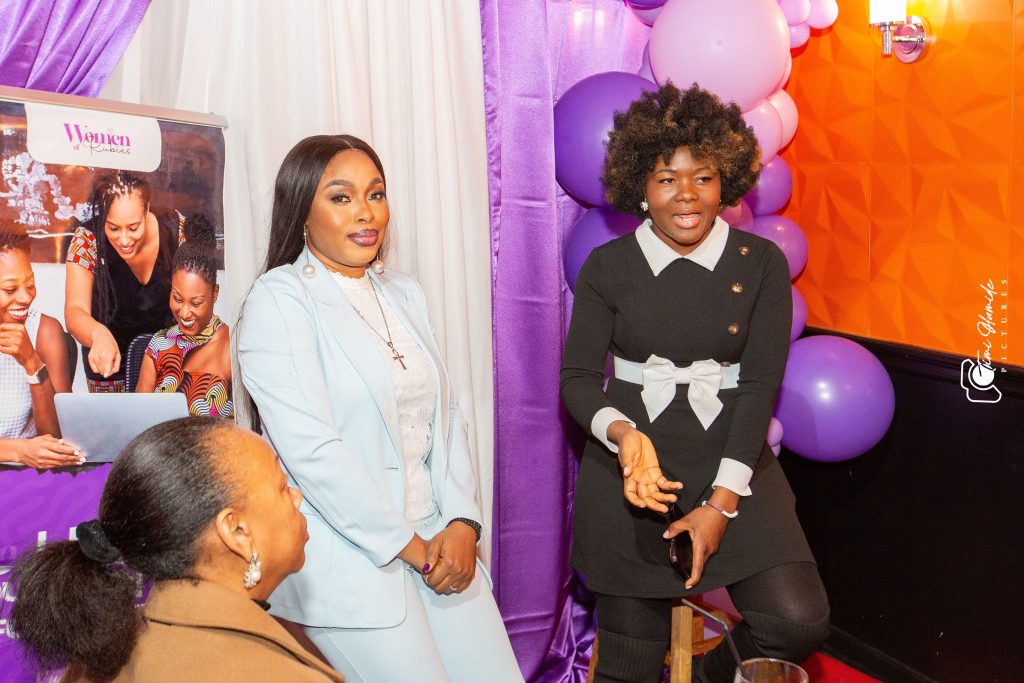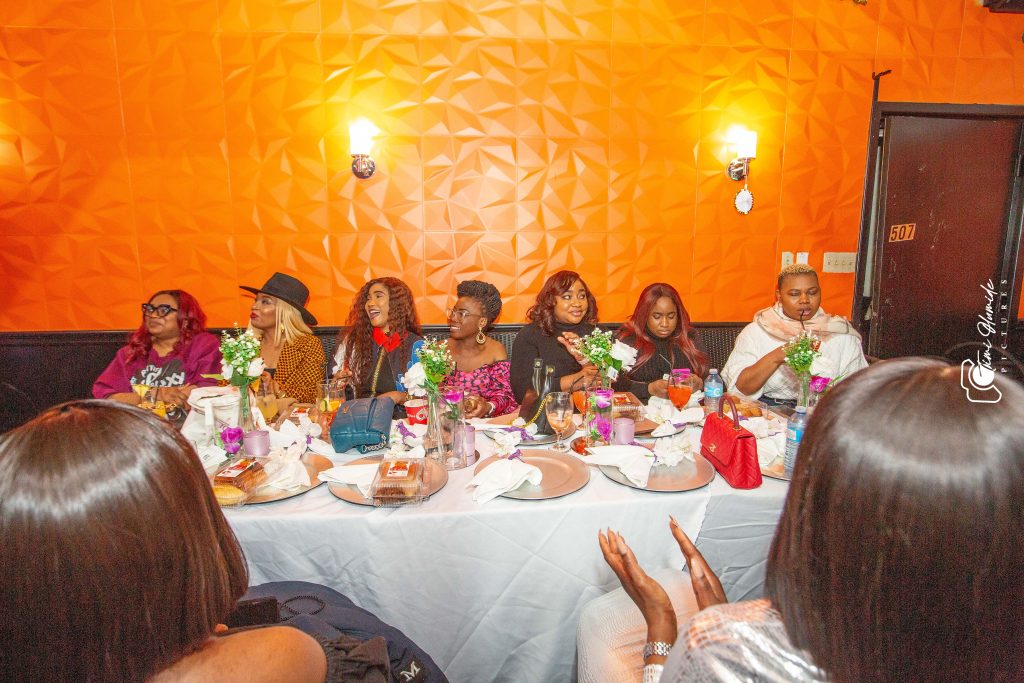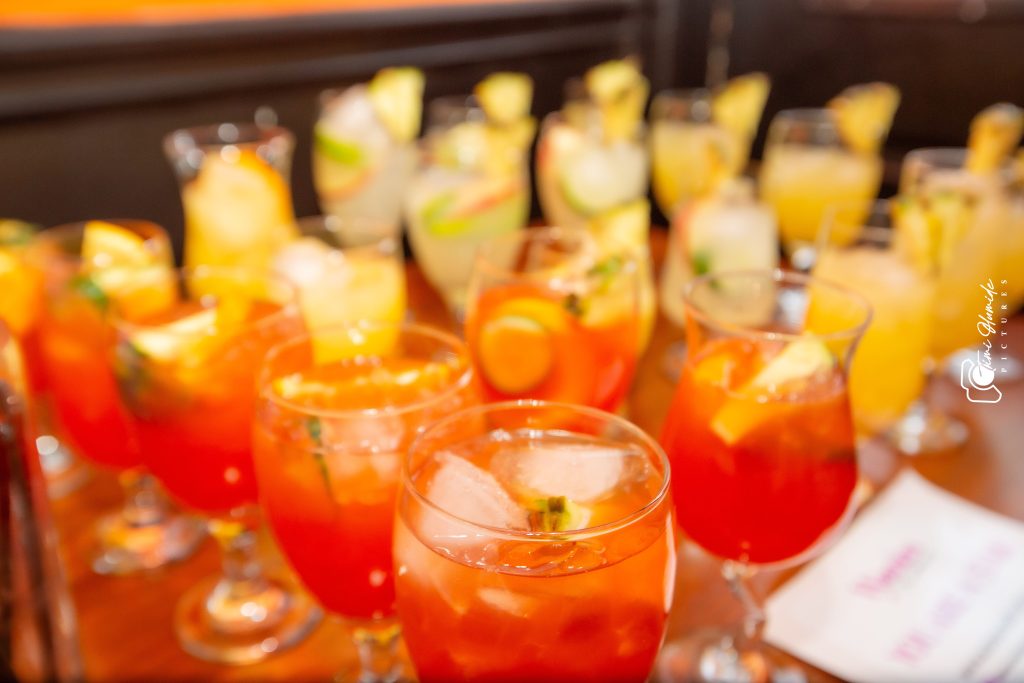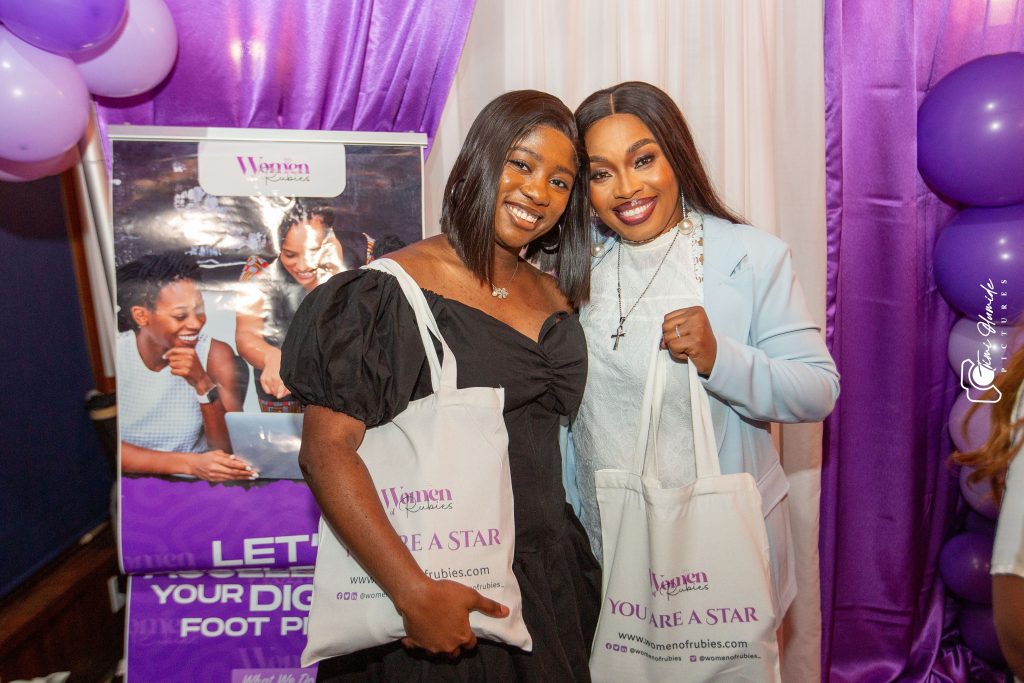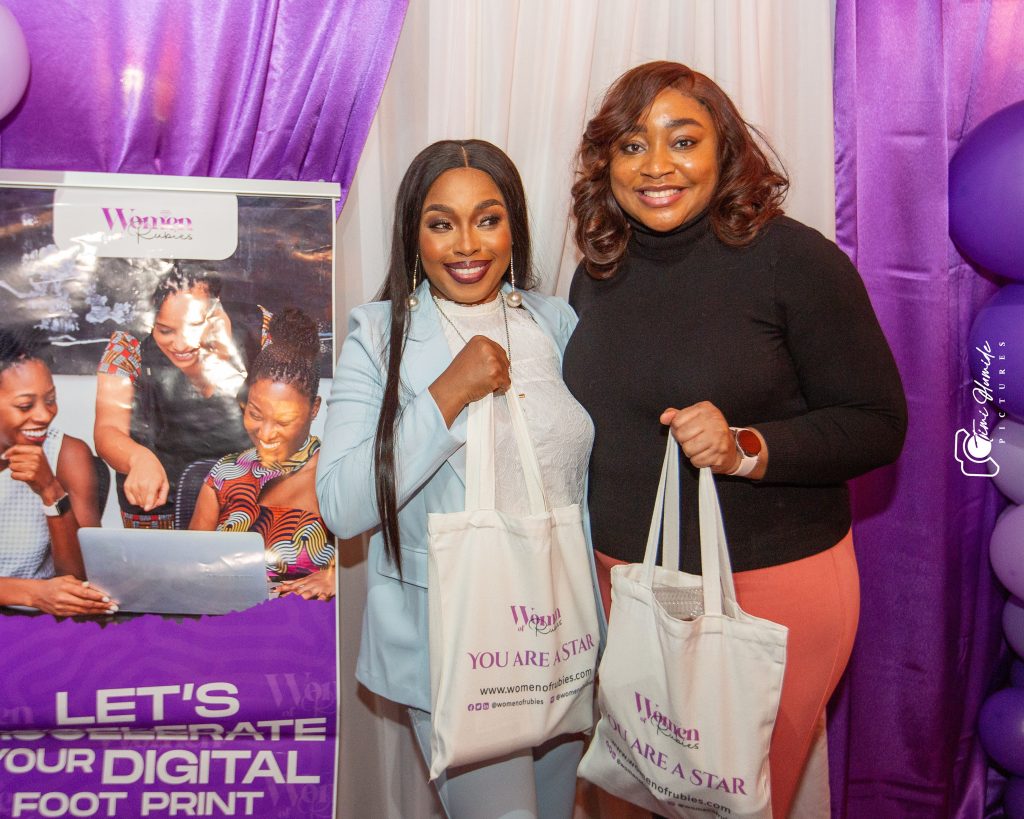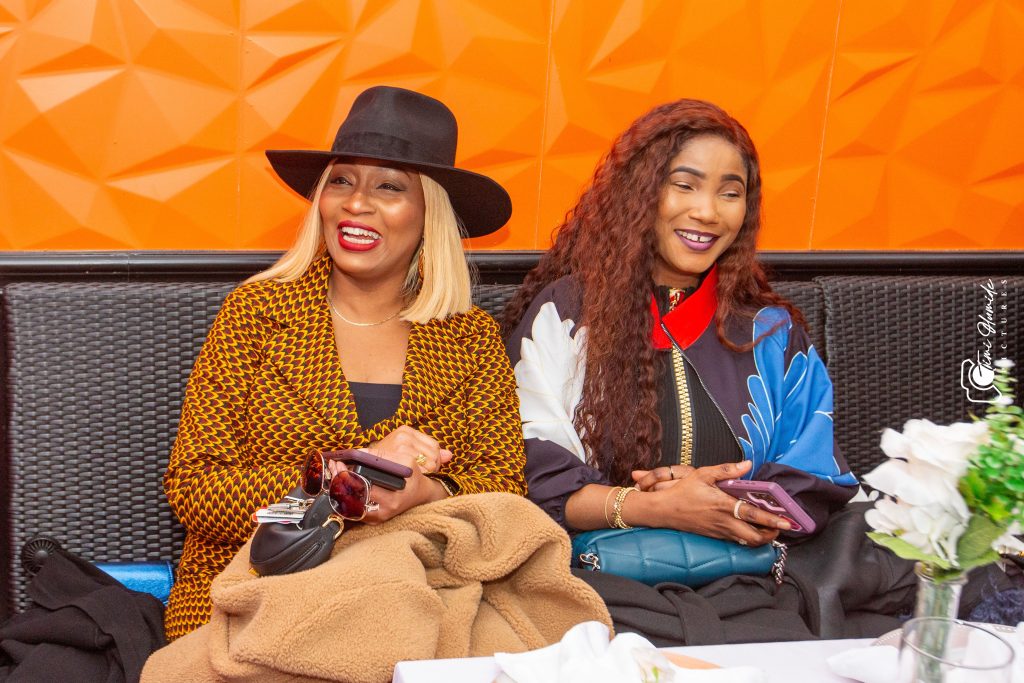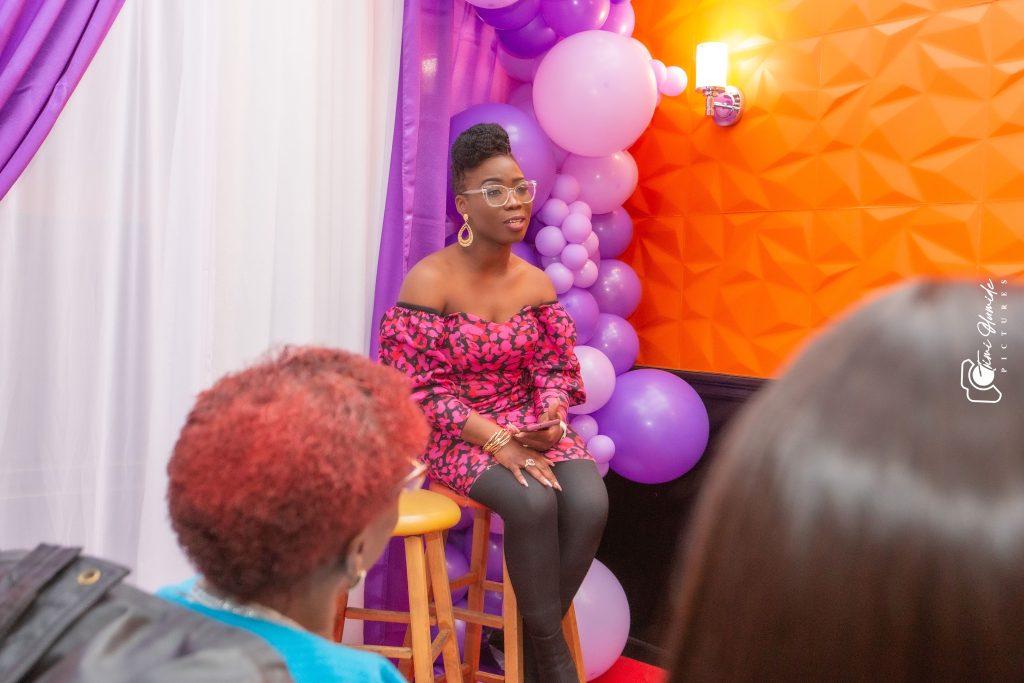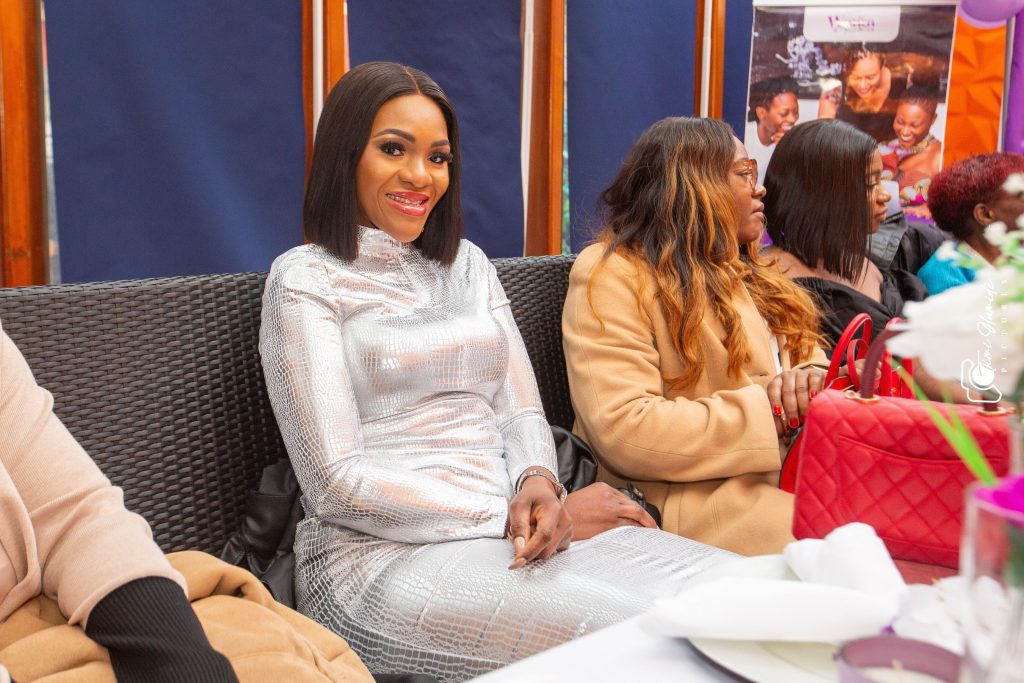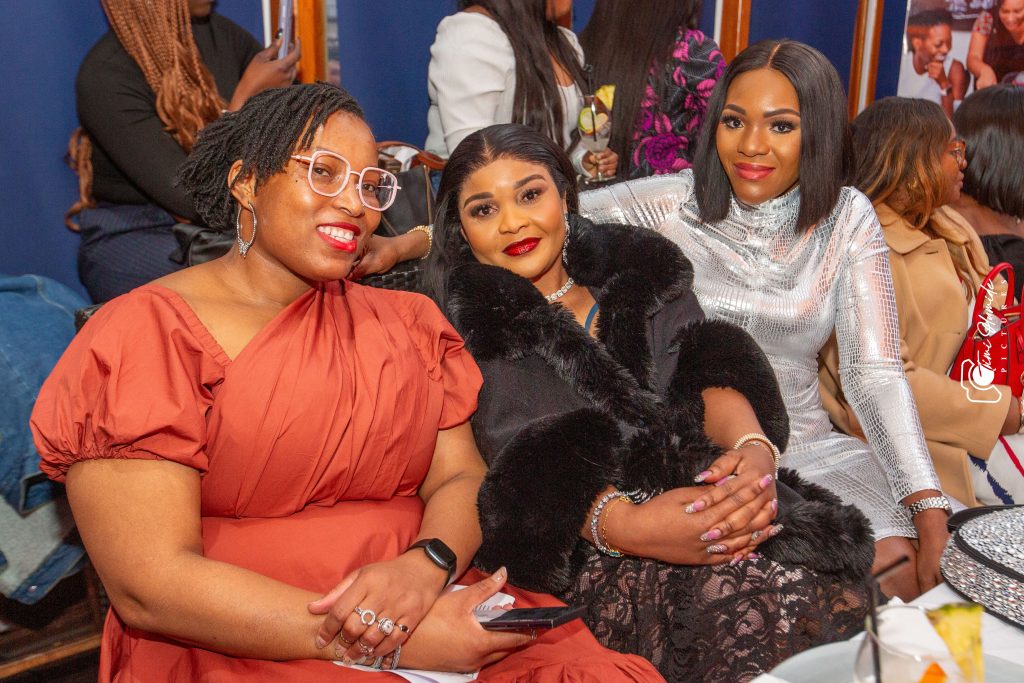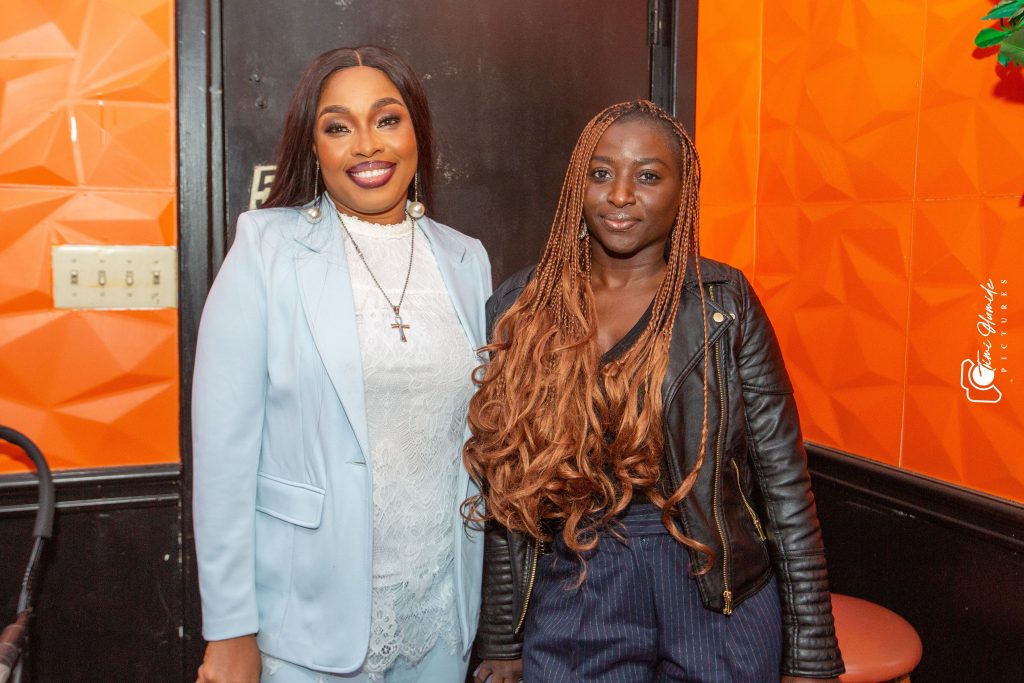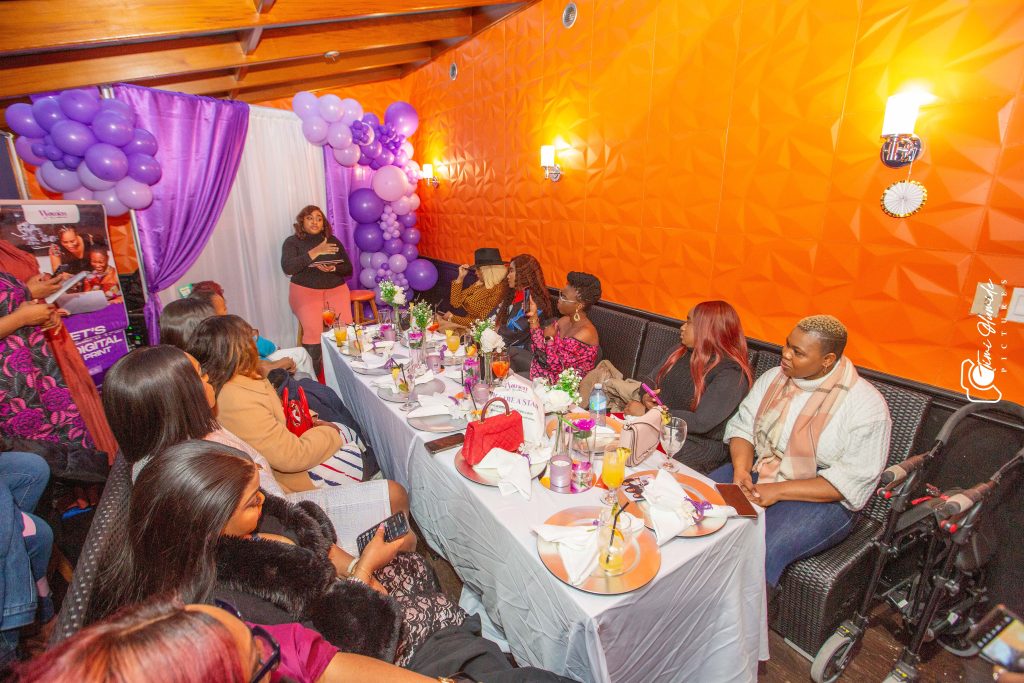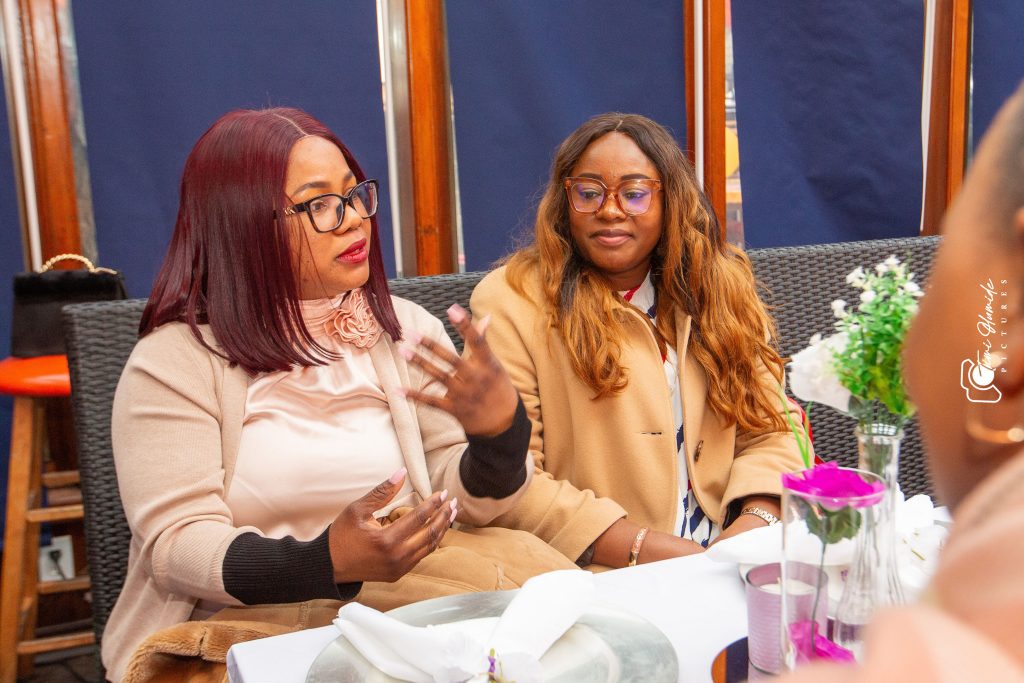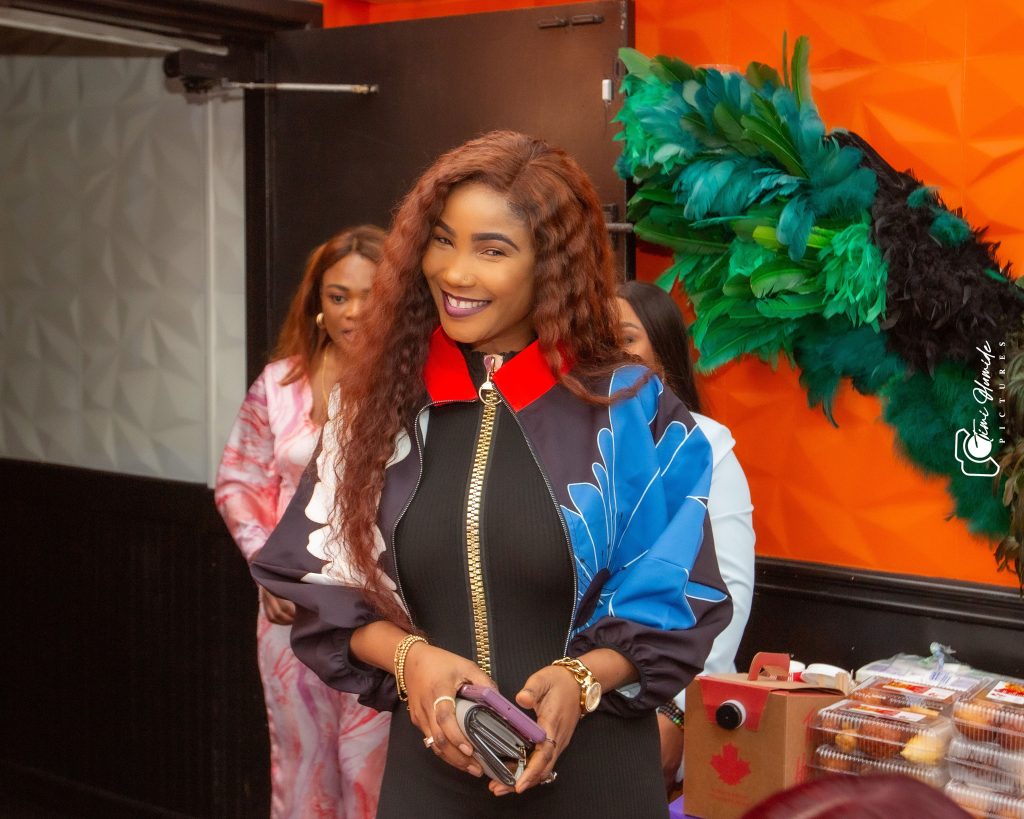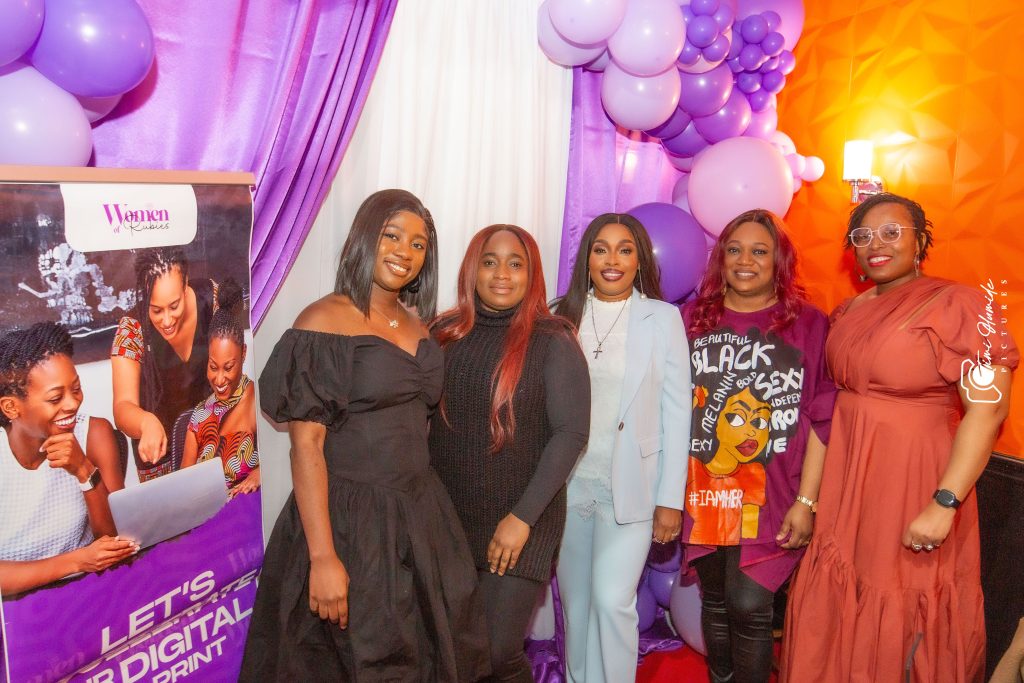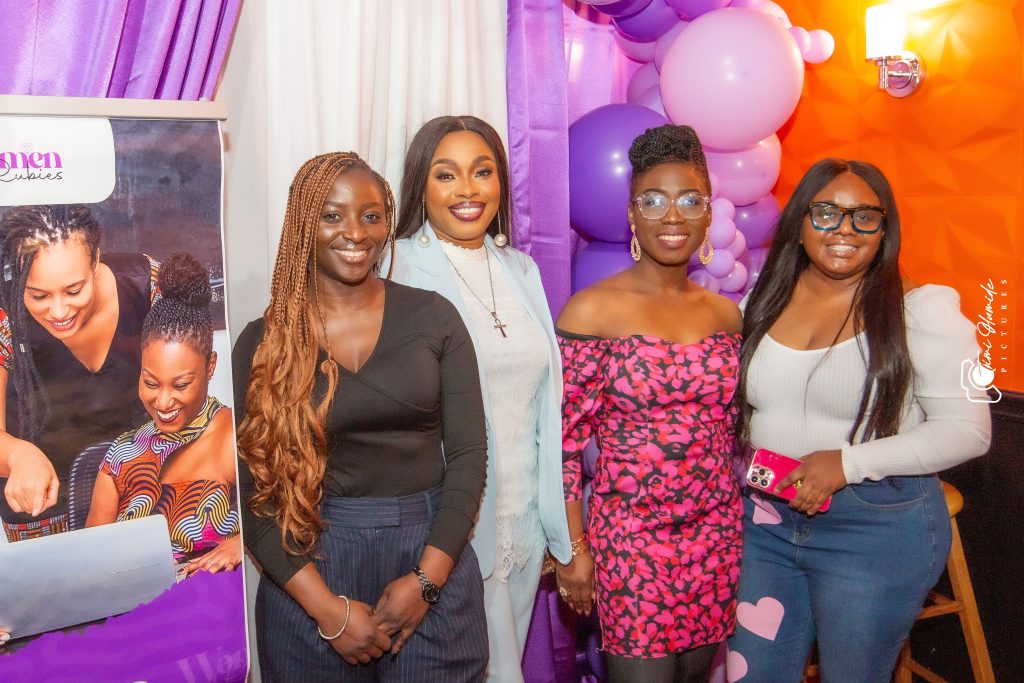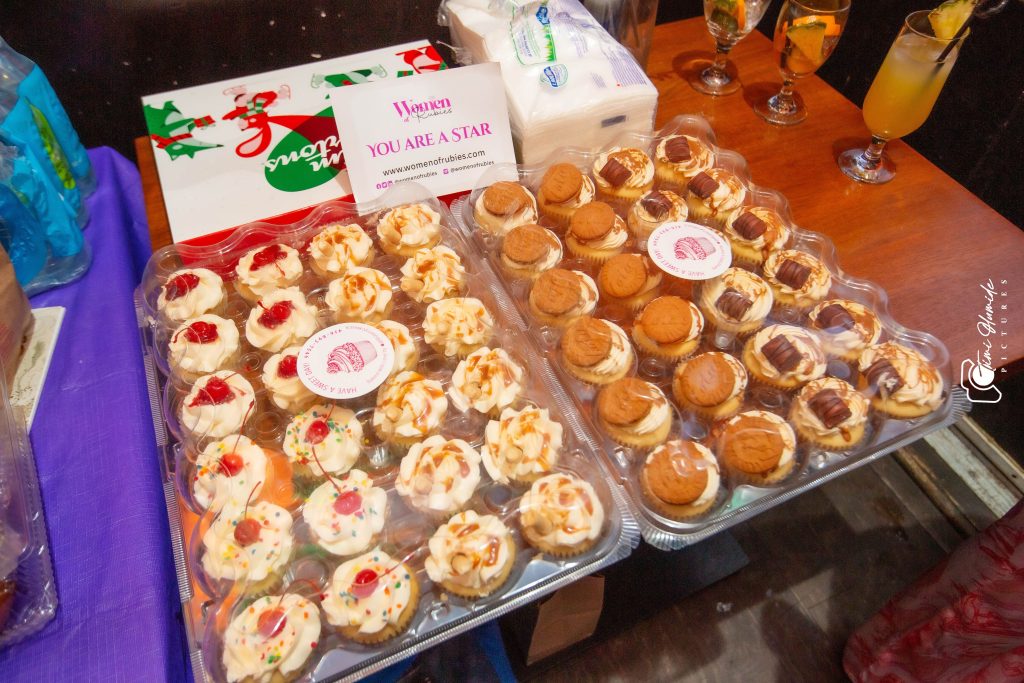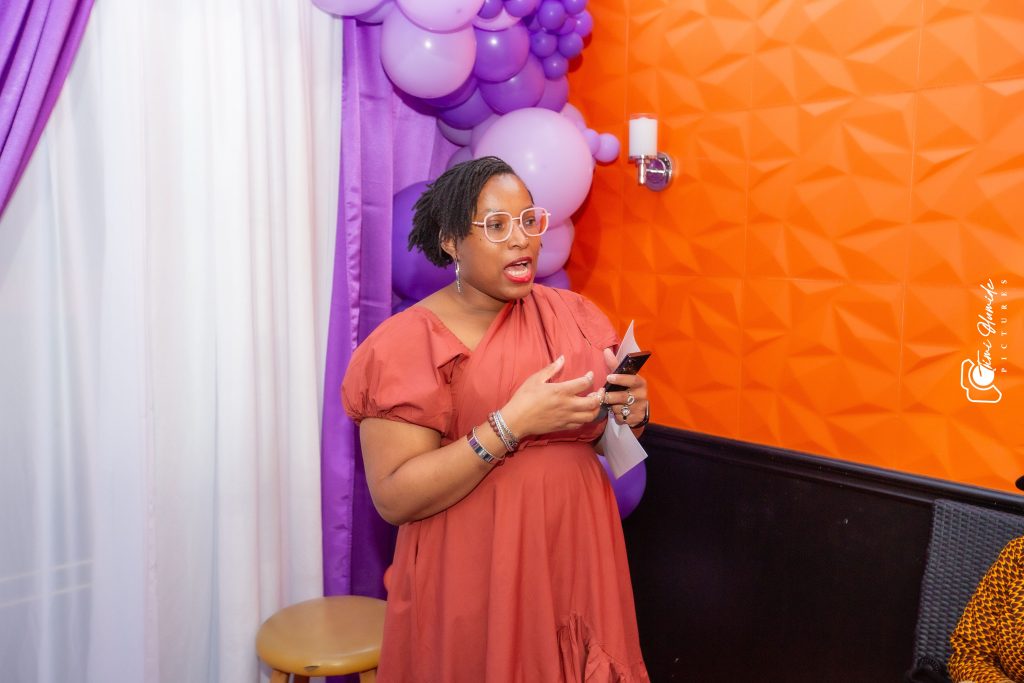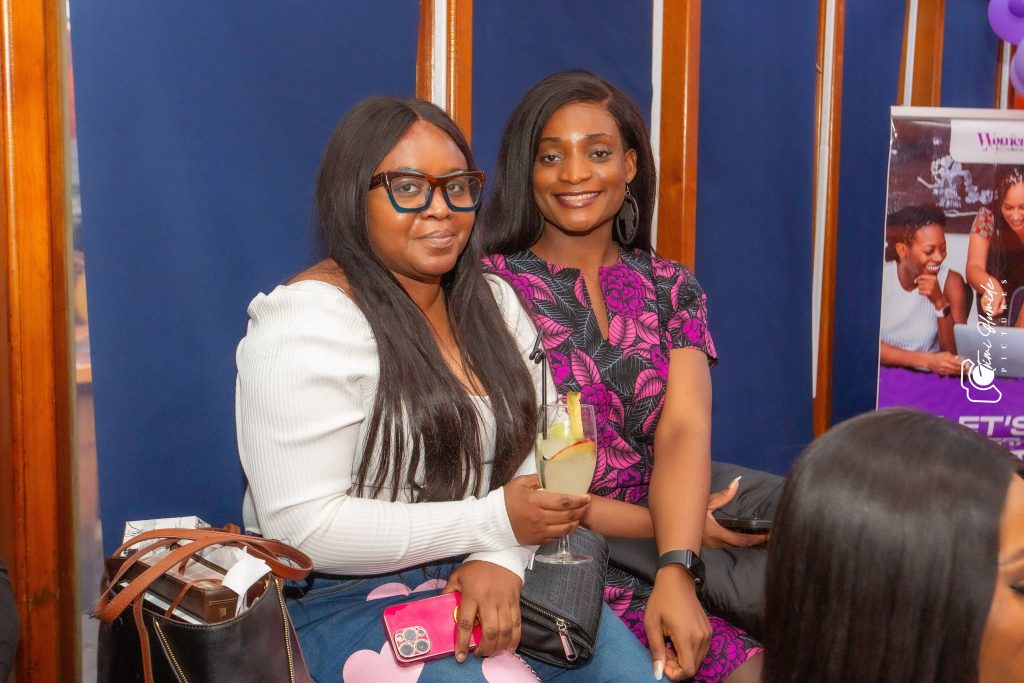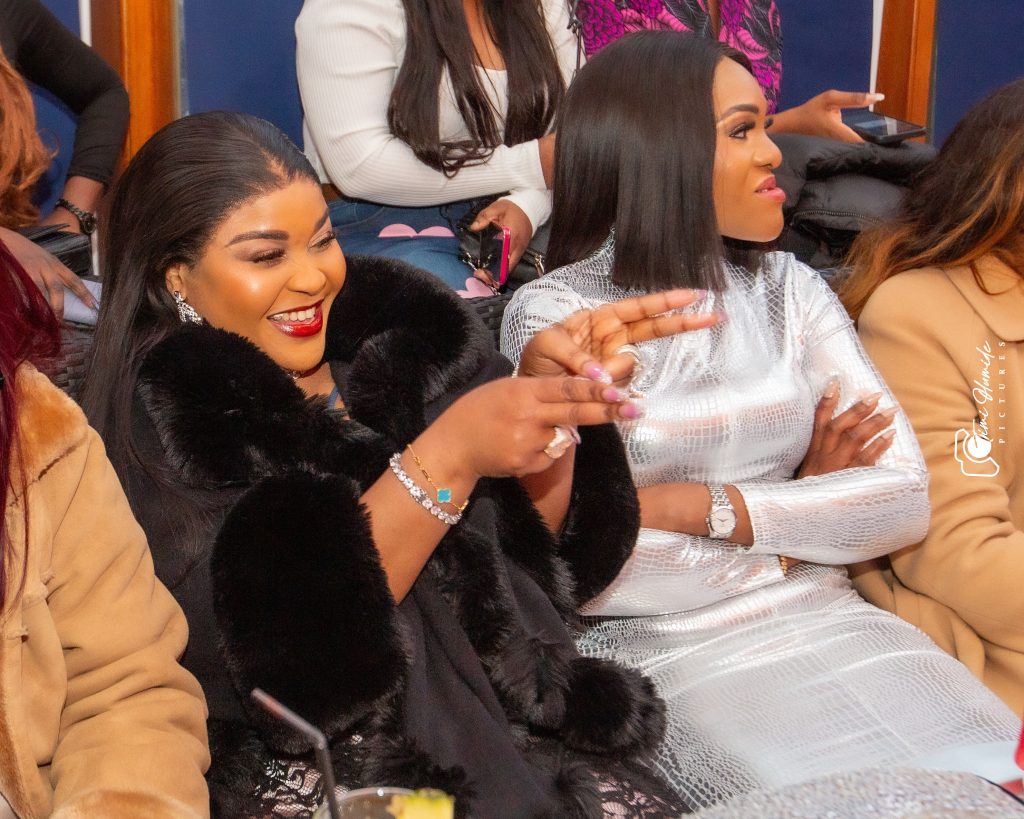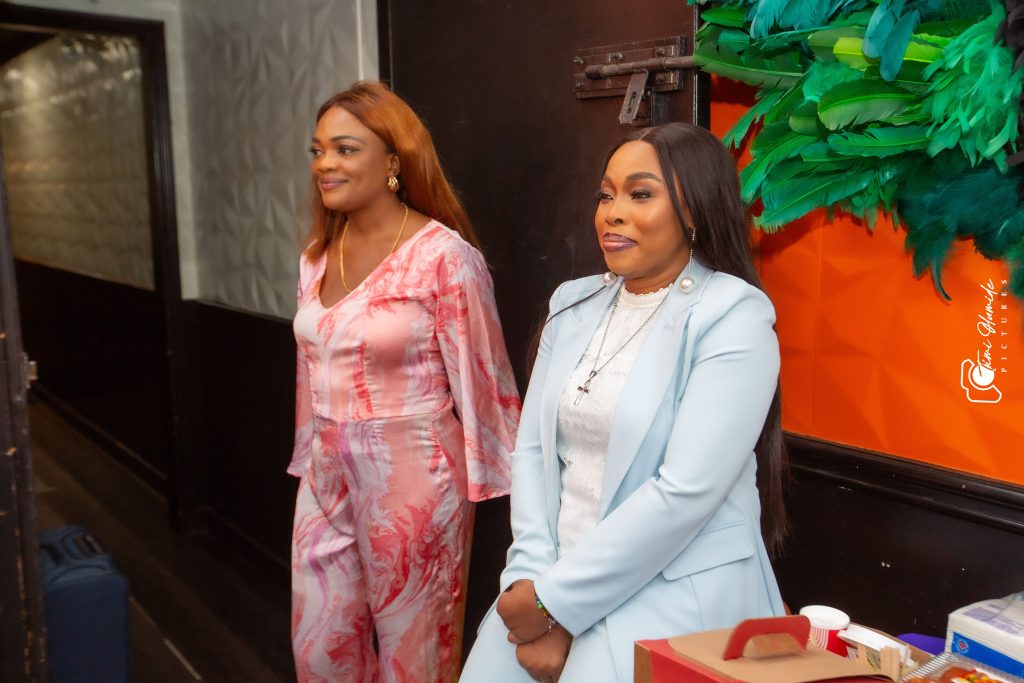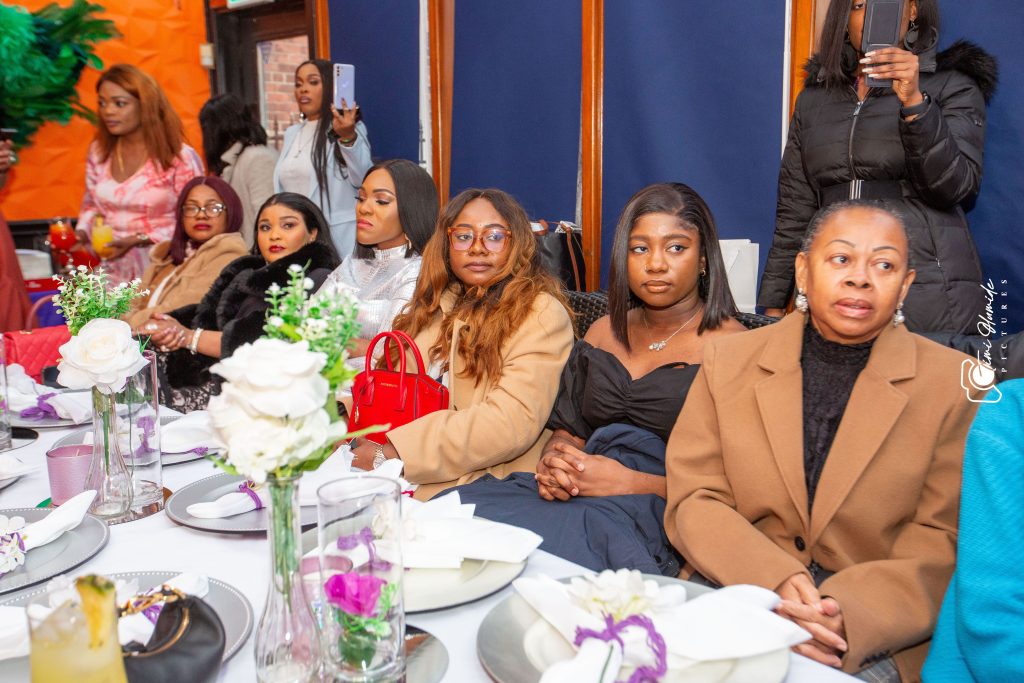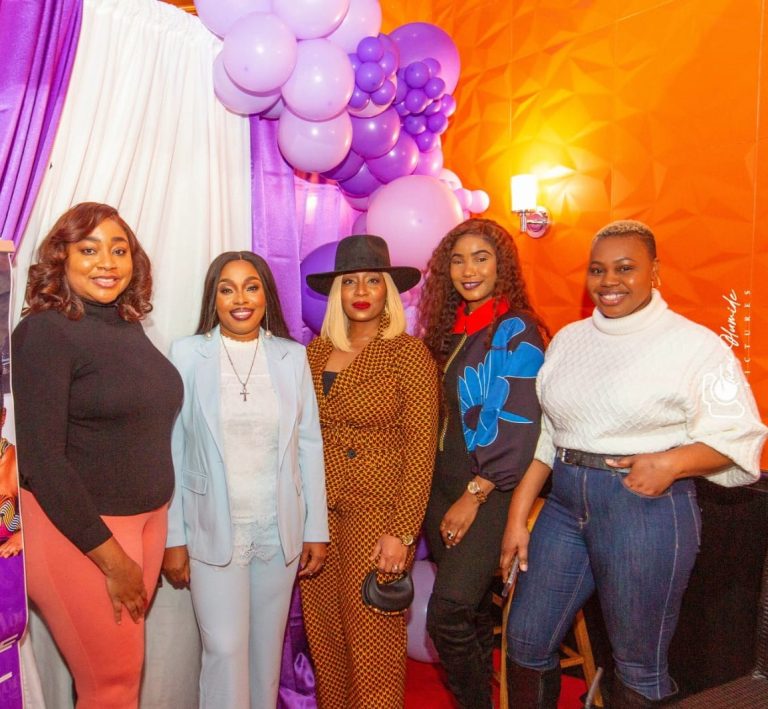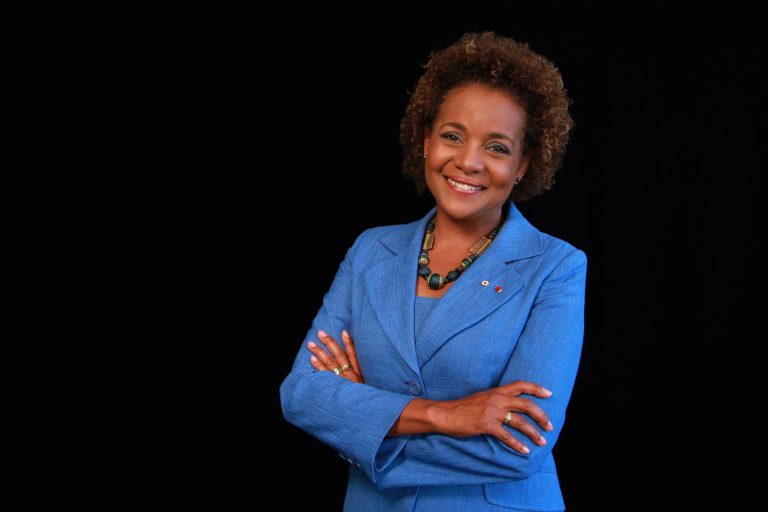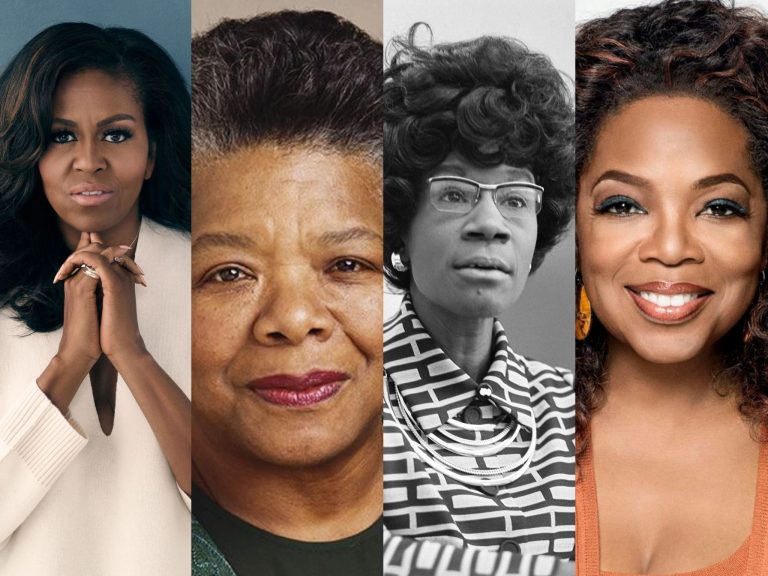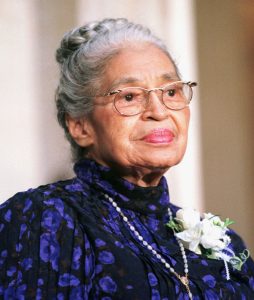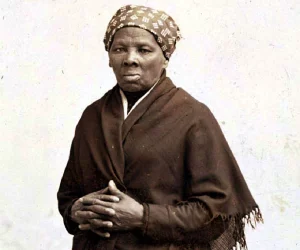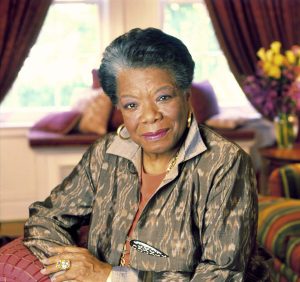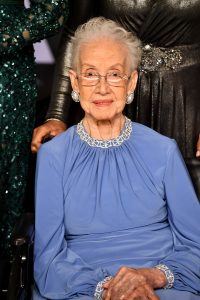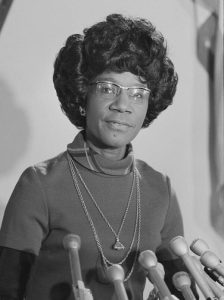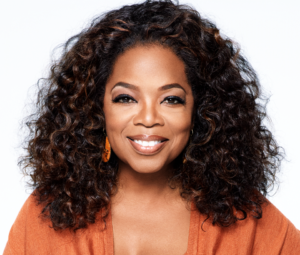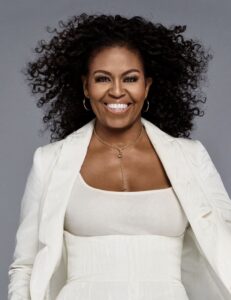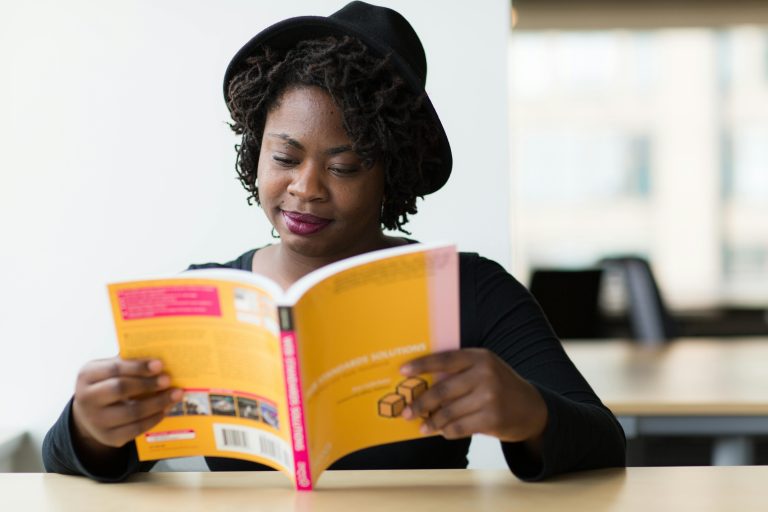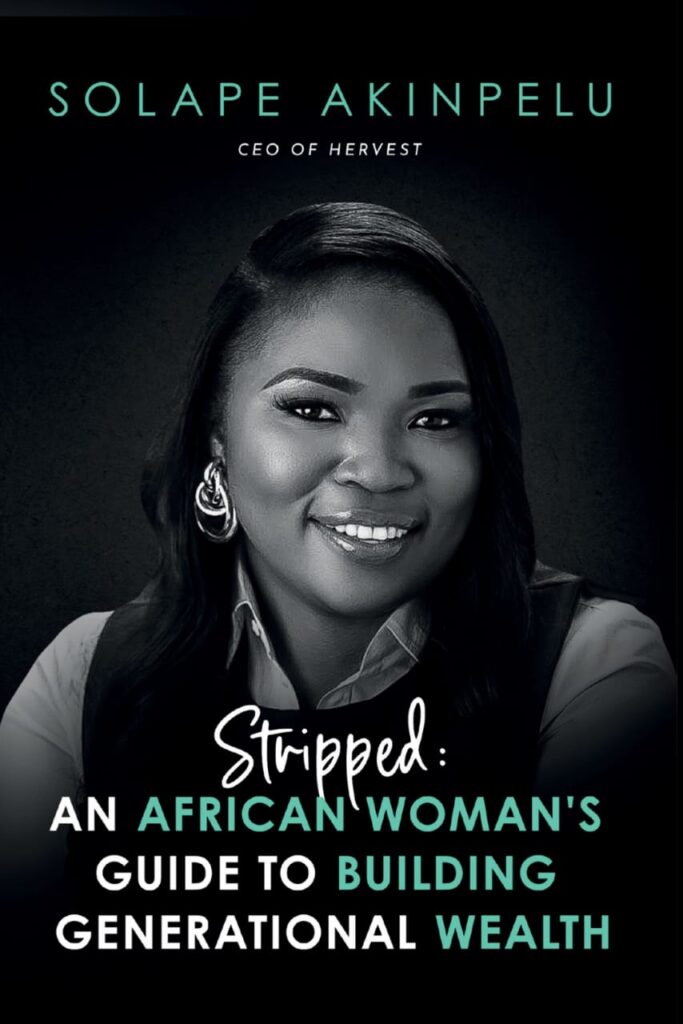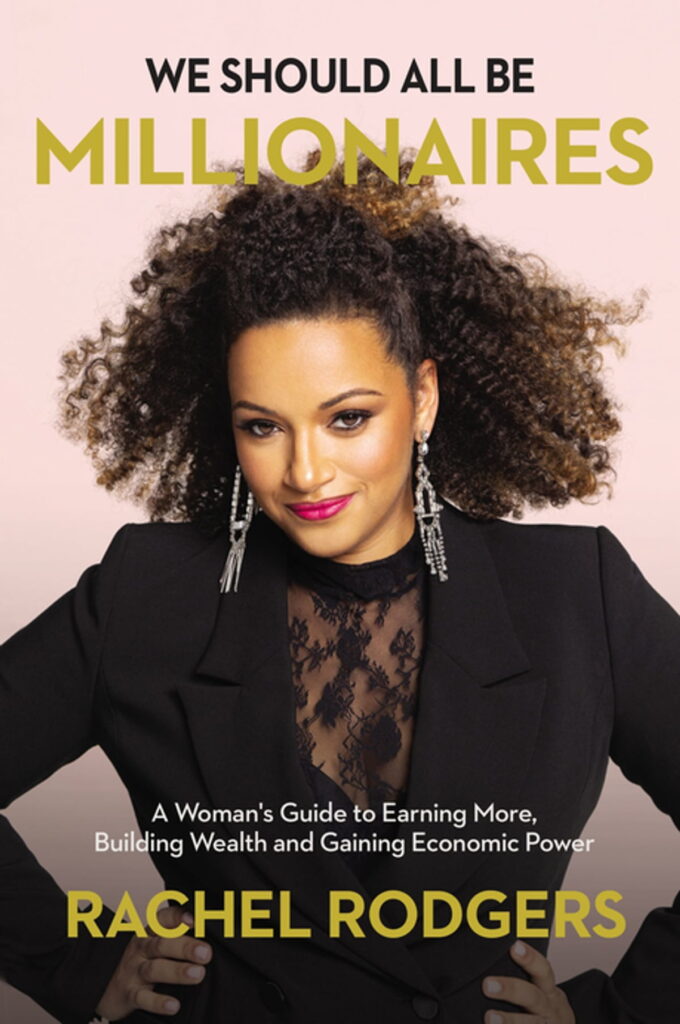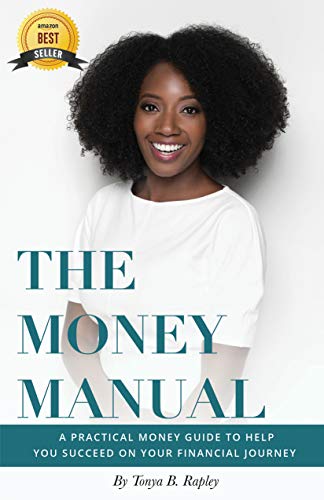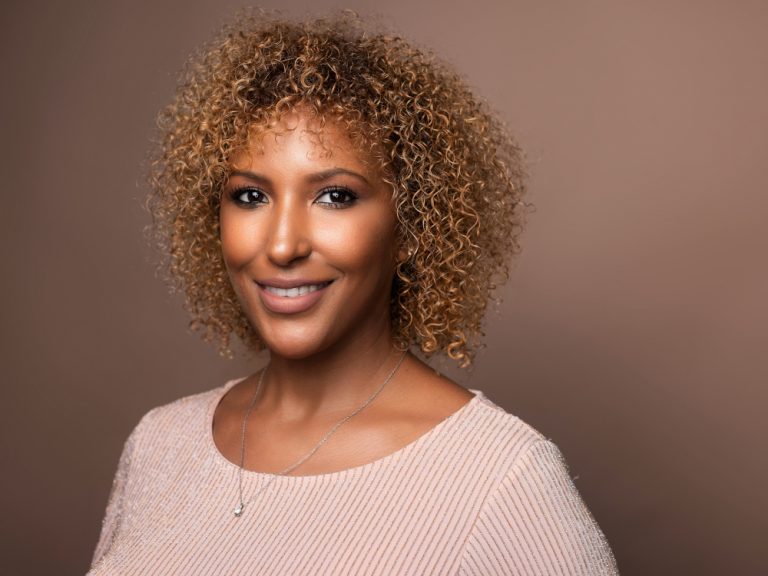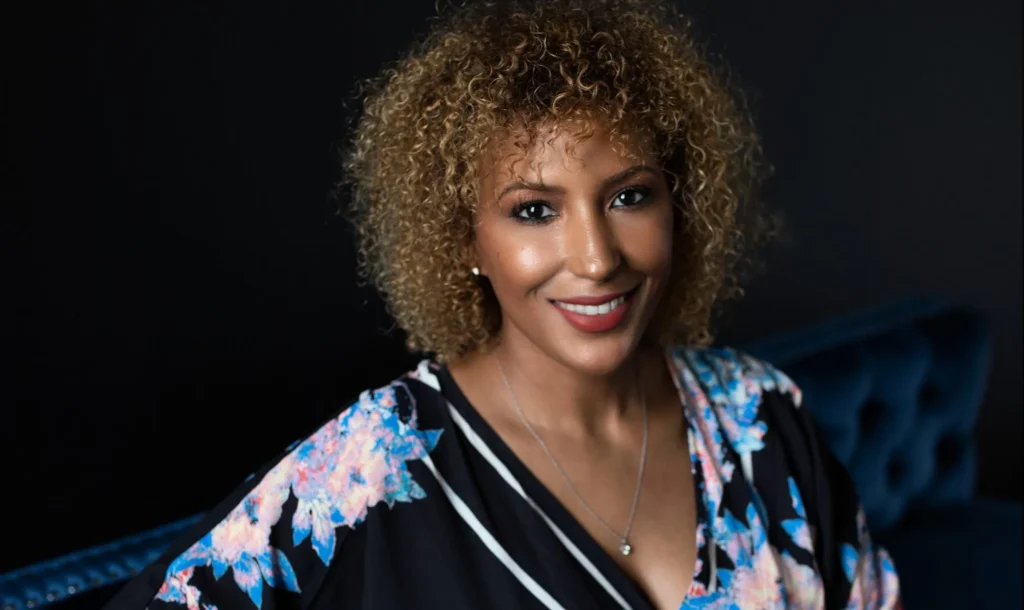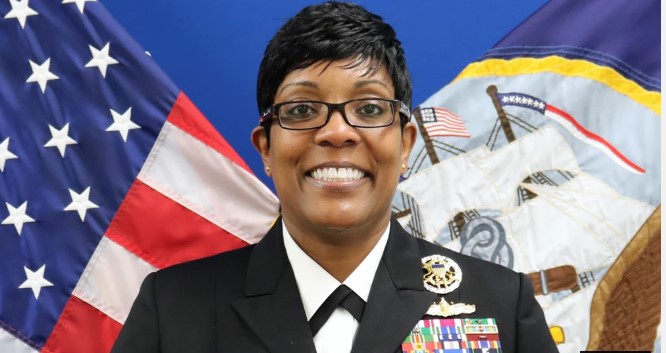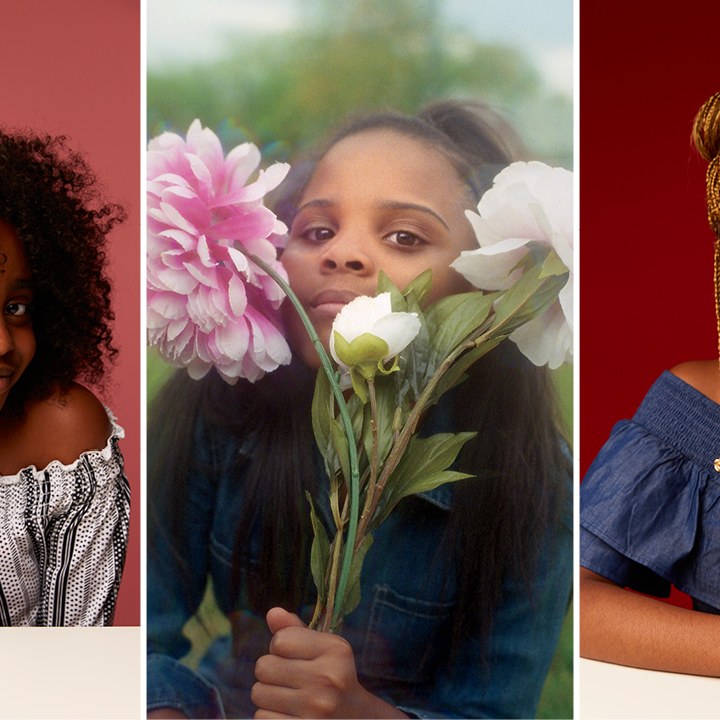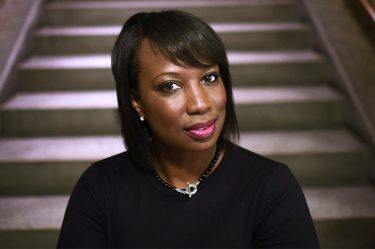The Women of Rubies Sip and Network event held on February 25th, 2024, at the prestigious Naijajollof Downtown Toronto Event Center, was met with resounding success. The event brought together a diverse group of remarkable business owners from across Ontario for an evening of inspiration, networking, and empowerment.
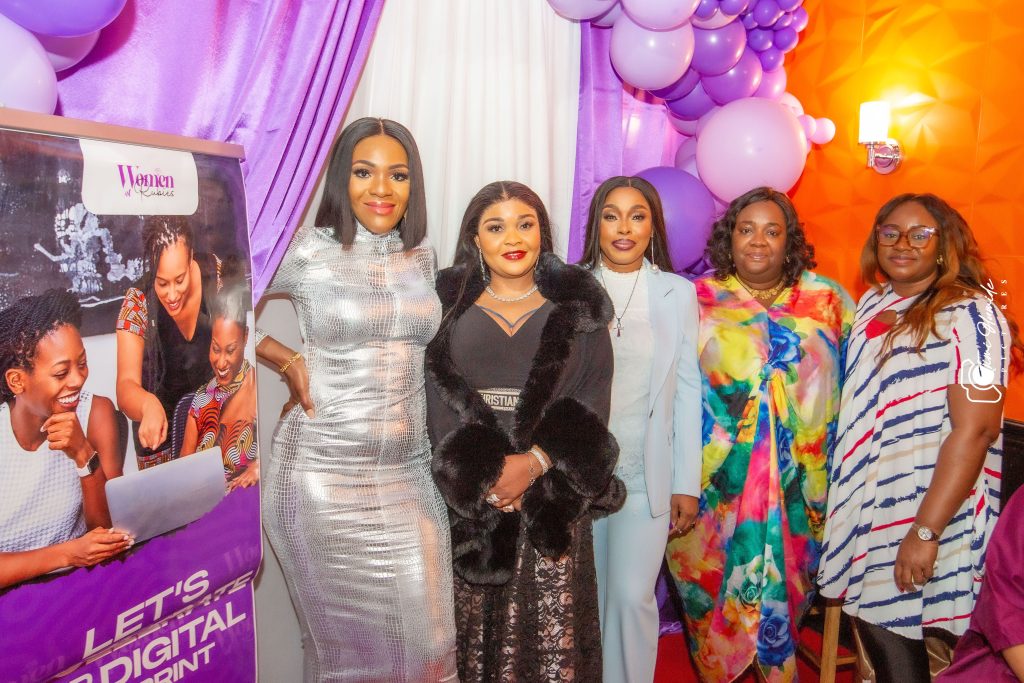
The event featured esteemed speakers including Nkechi Ahanor-Wilson, Funmi Ayowole, and Chichi Okichie, who captivated the audience with their insights and expertise. Funmi Ayowole, as the first speaker, delved into the importance of emotional wellness for women, the significance of maintaining a healthy routine, and the practice of mindfulness in daily life. Chichi Okichie shared invaluable insights on the underutilized potential of Facebook for business owners, emphasizing its role in enhancing media visibility and brand recognition.
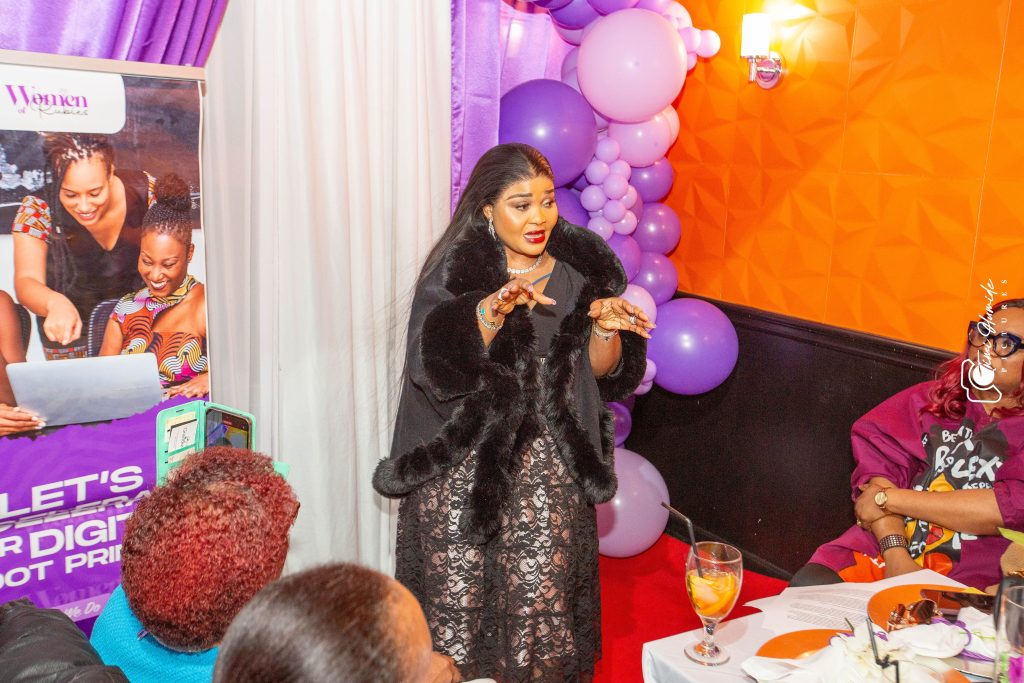
Nkechi Ahanor-Wilson, the founder of the successful hair brand Cacosa Hair, shared her journey of transforming pain into passion and profit, highlighting the importance of setting healthy boundaries as business owners to foster growth and prevent exploitation.
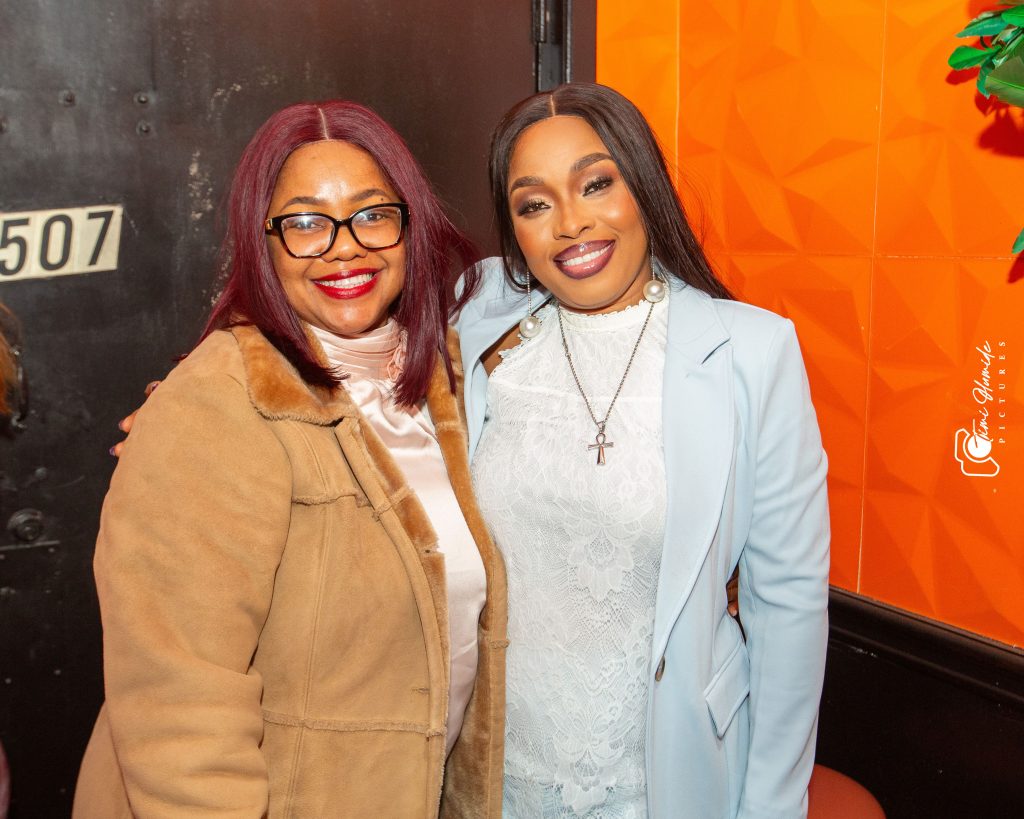
The event also featured an enlightening interview conducted by Esther Ijewere, the founder of Women of Rubies, with Beauty Obasuyi, the founder of Naijajollof and a real estate expert. Beauty shared the inspiration behind her business, which began in 2018 and has since expanded to six locations across Canada. She also revealed the motivations behind her Guinness World Record attempt for the longest cooking hours, which lasted for an impressive 18 days.
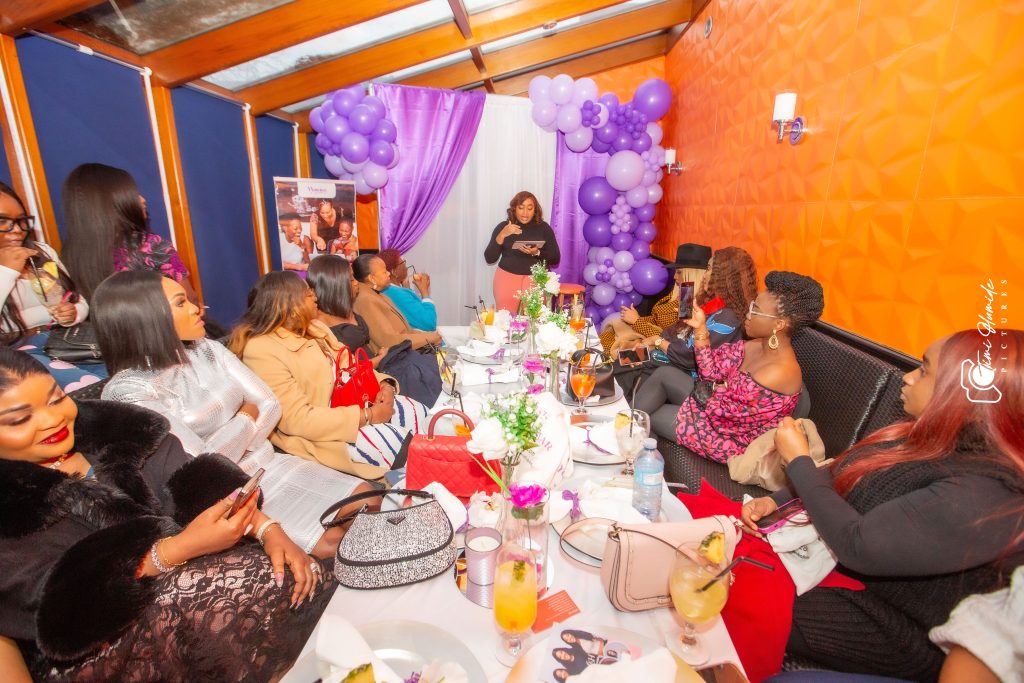
Attendees had the opportunity to engage in networking sessions, facilitating connections and knowledge sharing among participants. Nike Kay -Okunubi expressed her newfound understanding of the importance of boundaries and intentionality in networking, while Julia Biebem of Grandieu Event felt inspired by Nkechi’s session and aims to apply the lessons learned to enhance her business endeavours. Angela Ikogho of Wraptuckmore stressed the significance of assertiveness and the ability to say no in navigating business challenges.
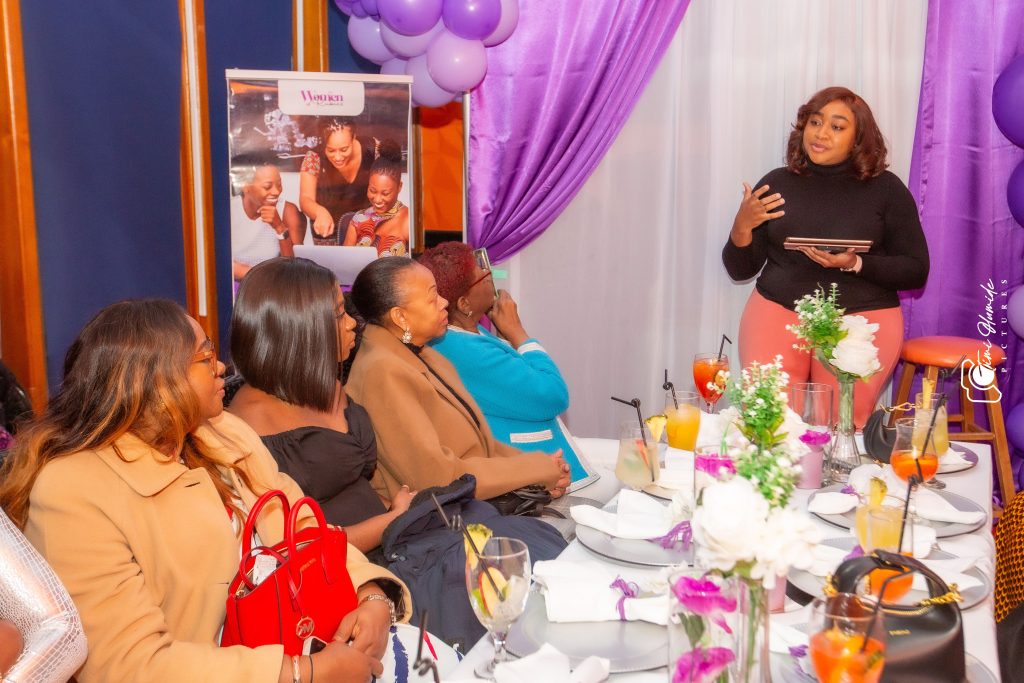
The event, expertly compered by Blessing Timidi Digha, a community development advocate and content creator, was attended by notable business owners and entrepreneurs who left feeling empowered and motivated to pursue their goals.
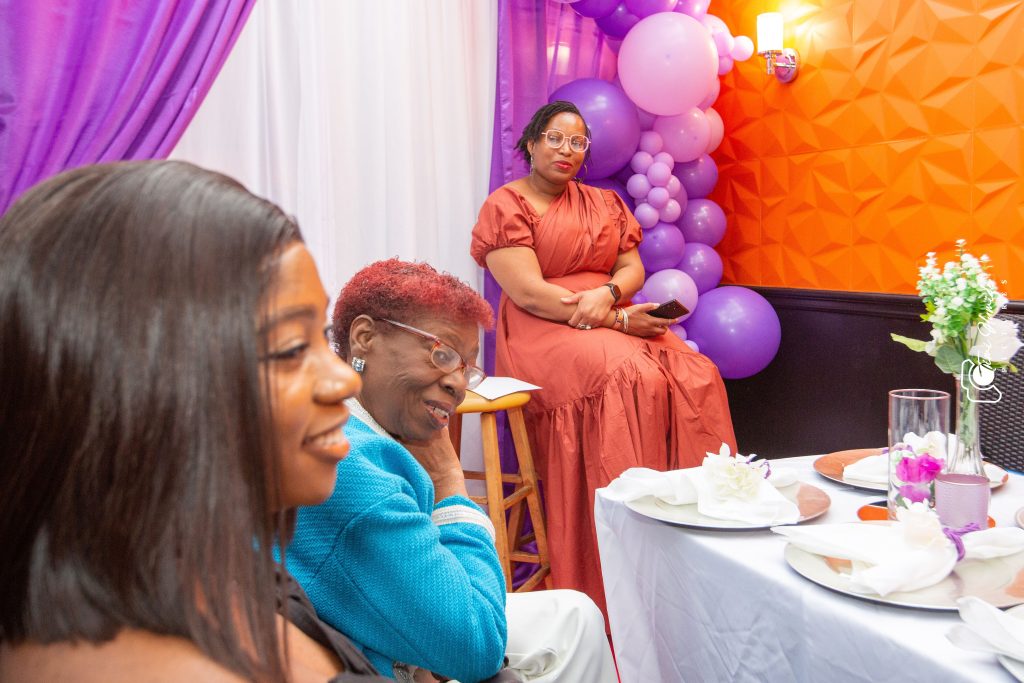
Esther Ijewere, the convener of the event, expressed her delight at the overwhelming success of the inaugural live event in Canada, affirming the Sip and Network movement’s commitment to empowering women to embrace their uniqueness. She looks forward to future events that promise to be impactful and value-driven.
For media inquiries or further information, please contact: event@womenofrubies.com
To learn more about our activities, join our Rubies Collective Community; womenofrubies.com/Rubiescommunity
To be one of the first to receive news about our next event, join our mailing list here
Elevate your media presence and enhance your brand visibility by registering for the Women of Rubies Media Visibility BootCamp 3.0. Don’t miss out on this opportunity to gain valuable insights and strategies from industry experts. Grab your earlybird ticket to our Media Visibility Bootcamp here
See more photos from the event below;
